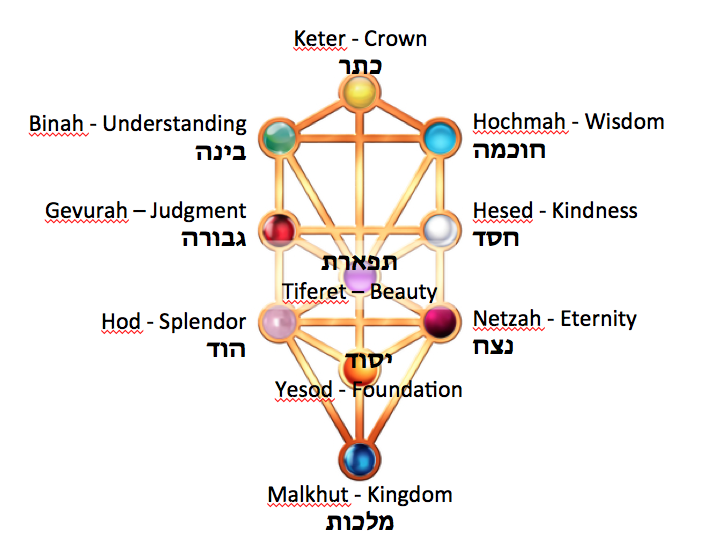rainerann
Star
- Joined
- Mar 18, 2017
- Messages
- 4,550
Right, but then you would be suggesting that the community which rejected the message of Jeremiah regarding judgment was active which would consequently lead to the fallout of the passive path. However, their response towards his message is passive rather than active. They literally did nothing different in response to what Jeremiah said. Passive is nonaction and even if repentance could also be considered passive, extreme passive would create the fallout rather than a rejection of repentance or the passive component on the scale.@rainerran just like the yin symbol has some yang in it and vice versa. ie yin does lead to yang and vice versa But what primarily sets apart passive and active is what comes first. repentance Internally active externally passive charity/war externally active internally passive passive ie repentance is about changing the self first. active ie war or charity is about changing the world first
Therefore, the fallout cannot be entirely attributed to the rejection of the passive path if the community represents passive to the extreme. Saying the fallout was created by rejection of the passive path, or rejection of repentance is going to consequently assume they were active. However, they were not active. They were passive to the extreme. Their passive introspection was selfishly motivated and not repentant.
And so the yin and yang multiply or increase so to speak to become interchangeable and somewhat fluid in the recognition that different methods are needed at different times to create balance. There would essentially be a yin and a yang to passive where one represents selfish introspection and the other could represent repentant introspection, which would both be identified by outcomes to be positive or negative. The possibilities are limitless really. There are no real boundaries outside of what could be compared to Boolean logic or that a series of true/false statements are the only things creating any real boundaries within this system, which basically means that you can't do two things at once. Other than this restriction, the possibilities are endless.
As a result, because of the fluidity this creates, people can essentially do whatever they want. This could be described as freedom since there are no real boundaries to make judgments on, and not having boundaries doesn't necessarily mean something negative. This could be considered similar to what Christ said about not judging or you will be judged with the same measure. So I see how you making you are making a connection.
However, whether or not this does create some clarity on what is happening, this scenario is not what Jeremiah is suggesting as a solution. He is not suggesting that the people repent in order to avoid a natural fallout. The solution he is presenting to the people represents the way God intervenes and this is a primary component that was being censored by those in authority (Jeremiah 36).
They didn't want to believe that God can and will intervene if they did not repent. This is something that is also being rejected today. Can God intervene? Will He intervene? Because this is essentially what ends up happening. God intervenes and if correction only takes places because of the natural progression towards a state of balance, there is never any need for God to intervene. People will make their own consequences and the consequences will create balance, and so a limitation is reached in using Taoism for comparison to promote understanding of what the book of Jeremiah has to teach us from a social perspective.
The book of Jeremiah is not limited to presenting prophecy or judgment. It creates a social picture that demonstrates something that increases our ability to discern what is happening around us that is clear and easy to understand.
For example, people are not divided because they belong to different cultures. People are divided primarily because they either choose to seek righteousness or they choose to seek unrighteousness as the King of Judah is clearly depicted as choosing unrighteousness and Jeremiah chose to seek righteousness, while they belonged to the same culture. They were not opposing nations. This was an internal conflict that brought judgment upon them suggesting that people exist in two primary groupings, wheat or tares. So the book of Jeremiah does promote taking personal inventory because of this like you are suggesting.
We could also say that judgment cannot be determined by a man's own definition of righteousness. It is determined by the intervention of God. It is not determined by outcomes created by moments of imbalance. Jeremiah was spared from the collective judgment towards Israel even while he was rejected by many who chose to define righteousness according to a definition that was self-serving and capable of protecting their own conscious from the fear of consequences.
Last edited:

